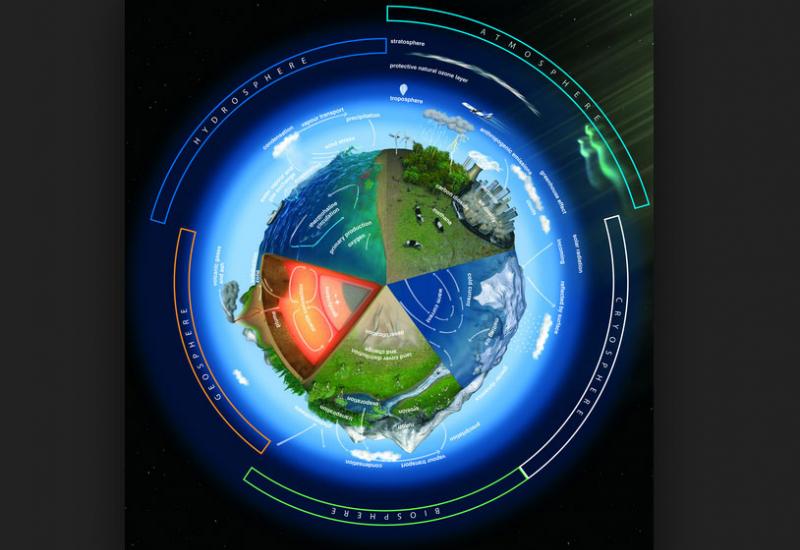КP - 34,10
The tourists left the hotel at 15 o'clock and went to the near mountain. Climbing up the mountain, they immediately (without rest) turned in the opposite direction and at 21 o'clock they already were at the hotel. The tourists left the hotel at 15 o'clock and went the near to the mountains. Climbing up the mountain, they immediately (without rest) turned in the opposite direction and at 21 o'clock were already at the hotel. On the plain they were moving at a speed of 4 km / h, climbing the mountain - 3 km / h, down from the mountain - 6 km / h.
Determine the distance from the hotel to the top of the mountain and the time when tourists came up to the top with an accuracy of half an hour.
V.A. Zhuk, a senior lecturer of department of mathematical analysis and probability theory
КP - 37,09
The younger is redhead
Two mathematicians meet , who didn't see each other many years. One asks another:
- Hаvе you а children?
- Yes, three sons.
- How old are they?
- If you multiply their age, you'll get 36.
- It is little information.
- The sum of their ages is the trolley's number that passes.
- It is little information.
- The younger is redhead.
- Now everything is clear.
How old his children are?
Round Table
Two people play the game: on a round table, one by one, they put round chips. Chips should not hang off the table and "touch" each other. Who can not put a chip, he loses. Who will win with the right strategy and what it should be?
КP - 14,09
The ball and the Earth
Around the ball tightly made one turn by the thread, then thread added to the length of one meter and obtained ring yarn around the ball the same throughout the gap. Then, the same operation was repeated with the planet Earth. What are the gaps, and where the gap is greater?
Two ropes
There are two ropes, which burn unevenly, but we know that each of them burns exactly one hour. You have a lighter. How, without breaking the rope, can you measure 45 minutes?
Prepared by I.V.Orlovskyy, a senior lecturer of department of mathematical analysis and probability theory

